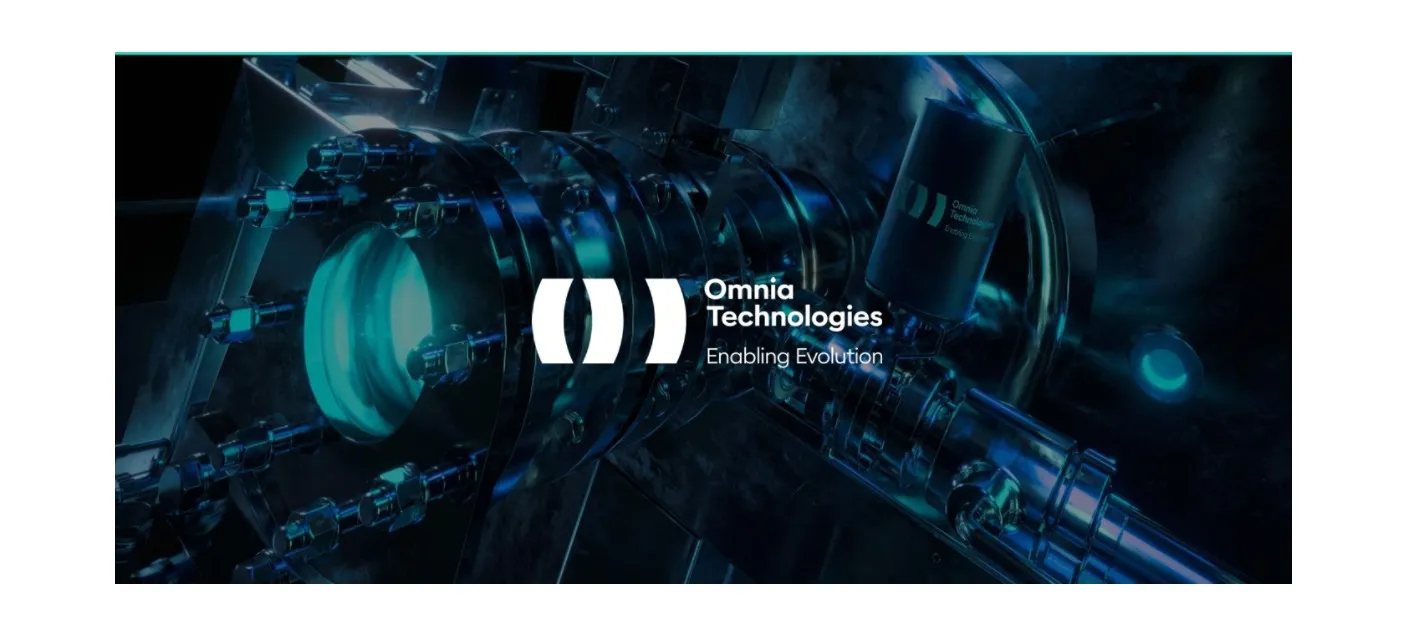1453

Animal production has been crucial for the sustainability of traditional agricultural systems, not only due to the use of feed that does not compete with human food but also because it is transformed into animal-origin products (meat or milk).
This can also be achieved by providing soil improvers (manure), as demonstrated by DGAgri in the presentation of the project "Strategic Approach to the Agronomic and Energetic Valorization of Livestock Effluents," coordinated by a team of Portuguese researchers.
The preliminary study found that around 70% of nutrients, when not digested, are lost through excretion.
However, the intensification of these systems has led to a global loss of nutrients at various levels: competition with the use of grains for human consumption, low digestive efficiency from the animal, excessive excretion, and negative environmental impact when management is inadequate or improper or accidental effluent discharge occurs.
With high concentrations of farms in certain regions, limitations regarding available areas for waste recovery on farms are a reality.
The concepts of "circular economy" and "zero waste" are on the agenda and are gaining greater importance in Mediterranean countries due to climatic and geographical characteristics:
- High temperatures during the summer with a forecasted average increase per decade of 0.5ºC;
- An approximately 80% reduction in rainfall and an increase in the frequency and intensity of droughts;
- Erosion and leaching of soil nutrients;
- Soils in southern Europe with very low organic matter values that decompose rapidly, requiring quality improvement.
All these issues are associated with the burden of EU-imposed legislation (nitrate directives, water, emission caps, etc.).
Given the economic, food, and environmental importance of the agricultural sector and the challenges it faces, this joint initiative involving relevant sector institutions aims to create opportunities to implement concrete solutions for increasing the efficiency of water and nutrient use, reducing environmental impacts, and improving what was until recently considered waste. (Photo: Freepik)





